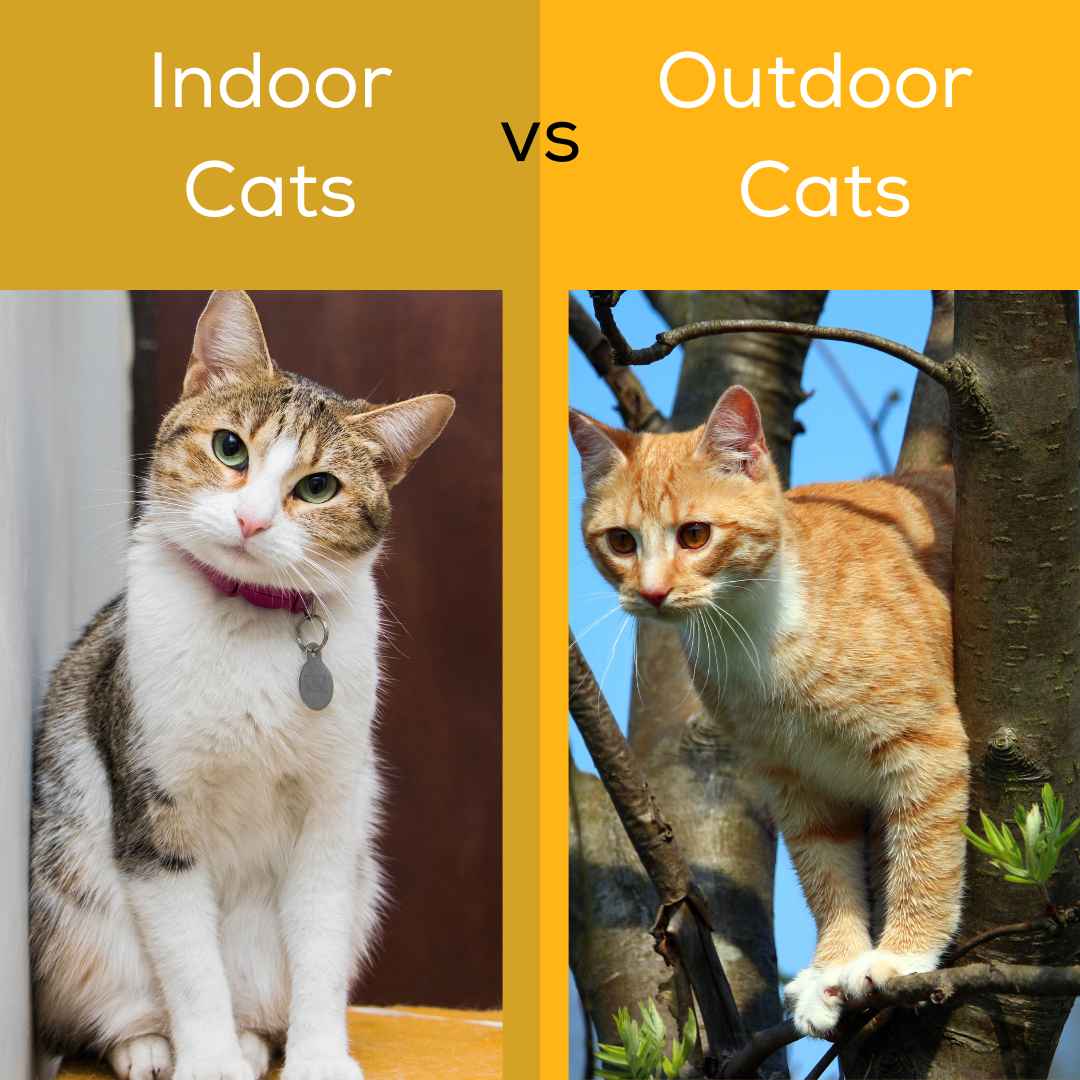Indoor vs. Outdoor Cats

Yes, we are sure you have heard that cats are relatively low-maintenance pets and can thrive in small environments without much company. But keep in mind that cats are extremely curious and like exploring small spaces. This blog will tell you if your house is suited for a cat, what you can do to make it safer for your indoor or outdoor cat, and how to choose how to train your cat.
First things first, you need to decide if you want a completely indoor cat or if you are willing to train them to explore the outside of your house as well. For houses with gardens, terraces, and backyards, it will be difficult to stop your cat from exploring, and we recommend that you train them to be outdoors or use a harness. For apartments, it is advisable to keep your cat indoors and to pigeon-net any balcony or terrace area.
Let’s take a look at the differences between the two lifestyles.
Indoor Cats:
- No ticks and fleas
- No skin diseases as they are not exposed to mud and dirt
- Less dirty and don’t need baths
- You don’t need to neuter them as you can monitor them
- You can monitor their movement - not easily lost
- Less disease-prone due to lack of exposure
- You can monitor urinary/bowel health due to them using a litter box and not a garden
- No dangers like dogs and traffic
- The weather doesn’t affect their life and activity routine
REMEMBER: Indoor cats need plenty of exercise and stimulation to stay healthy and busy. Lots of toys, especially interactive ones, grooming, fresh food, water, and litter are recommended at all times. Playing and sleeping with your cat often forms a deep connection between you and your pet, and they will become your house companion.
Outdoor Cats:
- They get plenty of exercise
- They learn to have some level of independence from you
- They pick up predatory skills such as stalking and climbing
- They get plenty of exercise and are never bored
- They get to experience their natural environment
- They get to build behaviors like socialization, territory marking, and hunting
- The open garden gives them one big litter box and a much bigger territory
- They cannot be kept indoors for extended periods after being an outdoor cat
- The outside world is their playground, and they are plenty busy and entertained without your constant presence
REMEMBER: Outdoor cats can get lost or stolen or get into fights. You need to be careful and monitor their movement, and have a call to bring them back home. You need to always leave a window or door open for them so they can come and go as they please, but always have a warm bed at home to return to. They need a collar and ID in case they wander and you need to find them again!
We hope this helped clarify some pros and cons of having an indoor or outdoor cat. Remember, you need to take into consideration your cat’s personality and comfort levels before choosing a lifestyle for them!